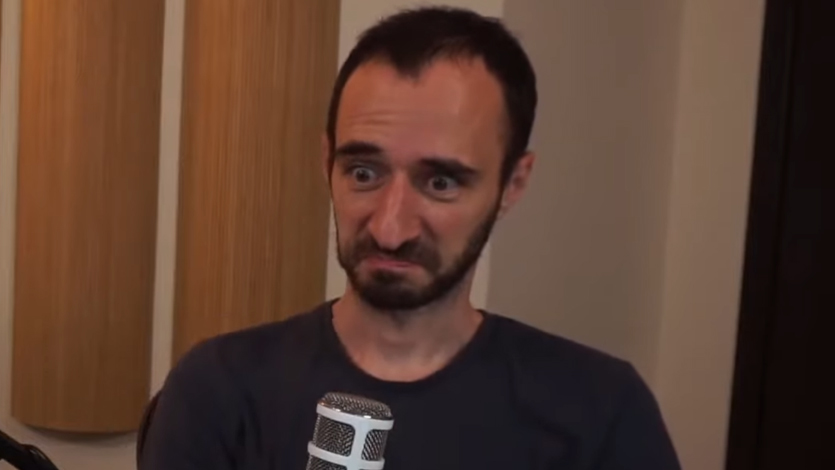5 Problems with Modern Poker Training: Uri Peleg’s Perspective

Despite its long existence and continuous development, the modern “school” of poker is far from perfect. In fact, some of its issues are fundamental. In a video for the Upswing Poker channel, coach Uri Peleg highlighted five of these problems, and we retell his thoughts in this article.
For context, Uri has been playing poker since 2007 and is considered one of the most highly regarded poker coaches today. On Reddit, there’s even a thread full of praise for his teaching, noting not only the quality of his lessons but also his ability to explain complex topics in a clear and concise manner. Uri is often called “phenomenal” and “the best hand reviewer,” and his YouTube channel, Guerilla Poker, is regarded as one of the best for high-quality poker education in No-Limit Hold’em (NLHE).
#1 Overemphasis on Theory at the Expense of Practice
Poker is a multidimensional game. By focusing solely on theory, you inevitably narrow your perspective. What should my bluffs be on this specific river? Should I randomize these combos? Or maybe look at my blockers?
This kind of approach risks missing the bigger picture. For example, your opponent might be playing with their last remaining money, meaning they are highly unlikely to make a hero call or do something similar.
Real poker constantly presents situations that don’t align well with theoretical models. When you focus too much on theory, you don’t develop the tools you need for multiway pots, unusual bet sizes, unique board textures, and so on. Poker is designed so that your opponent’s mistakes don’t automatically benefit you just because you made the correct decision or played a theoretically sound game. To profit, you must develop a deeper practical understanding of the situation.
#2 Imbalance Between Playing and Studying Poker
There’s a relationship between how much time you spend studying poker and how much time you actually play. This balance is critical.
Most integration and learning in poker now happen directly at the tables. Extending and complicating the learning process makes the game practically inaccessible to people who are short on time or energy.
Most people who come to poker enjoy the act of playing more than studying. And the more they are forced to study instead of playing, the quicker they lose energy and motivation, and the less integrated they become with the game.
#3 Black-and-White Thinking
Computer programs operate in a very straightforward manner: This action is right, and this action is wrong—end of story. But in reality, poker has many more nuances.
For instance, if we look at certain charts, some hands might yield 0.01 BB or cost us 0.03 BB when playing for a 200 BB pot. At the level of precision we can achieve in the real world, these differences are practically zero. Yet much of modern poker training focuses on teaching us to spot that tiny 0.01% difference instead of aiming for simpler and more attainable goals.
#4 Overfocus on Irrelevant Math
By irrelevant math, I mean situations where a coach takes you through various mathematical calculations—like pot odds and the like—rather than just saying: Generally, you can call the flop and turn with a straight draw or flush draw, while gutshots usually fold after the second bet. That’s how most of the best players in the world think about it.
Sure, there are people who can do mental math during the game, but based on my experience working with top players, many of them don’t even understand what exactly they need to calculate—because a call with an OESD doesn’t actually require any math.
#5 Playing Against a Computer Instead of a Human
At this point, it’s best to jump straight into an example.
One of the ideas we’ve adopted from computers is simplifying betting strategies by making small bets on the flop with our entire range. This approach immediately puts you in a specific position in the game’s decision tree.
It’s theoretically correct in many situations, but—as we’ve mentioned before—the advantage it provides is just 0.01%.
By opening your mind and strategy to other options, you can gather much more information. Perhaps by checking back on the flop, your opponent might make a big mistake on the turn, such as being too straightforward, too aggressive, or too passive. By betting on the flop, you deny yourself the chance to learn this.
Both computers and modern poker training often approach the game from a purely theoretical standpoint, where, in an ideal world where all players act perfectly, you need to answer the question: What should I do?
But the real question you need to ask yourself is: No one plays perfectly, and this is my specific opponent, so what are the reasonable options I have in this situation?

